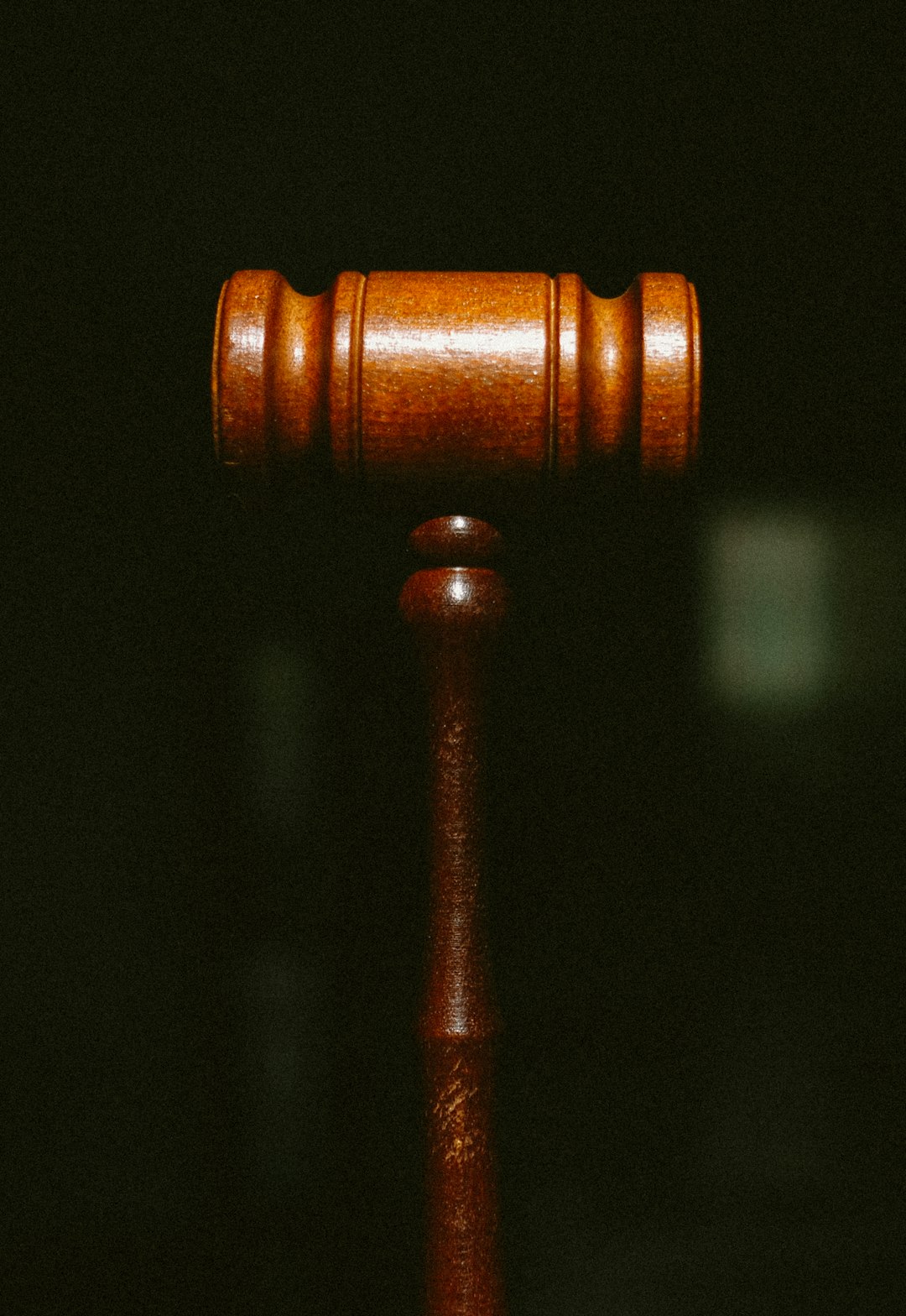Renting a property is a common arrangement for millions of people around the world. Whether they are students, young professionals, families, or retirees, many individuals choose to rent a place to live rather than buy their own property. However, when renting a property, tenants often have a myriad of legal rights that are important to be aware of in order to protect themselves and ensure a positive renting experience.
In this blog post, we will explore the legal rights of tenants in rental properties, including their rights to a habitable living space, privacy, security, and more. Understanding these rights is crucial for tenants to empower themselves and understand their legal standing in the landlord-tenant relationship.
One of the most fundamental rights that tenants have is the right to a habitable living space. Landlords are required by law to ensure that the rental property meets basic safety and health standards. This includes providing adequate heating and cooling systems, water and sewage facilities, and protection from environmental hazards such as mold or pests. Landlords are also typically responsible for making necessary repairs to the property in a timely manner. If a landlord fails to maintain a habitable living space, tenants may have legal recourse to demand repairs or even terminate their lease agreement.
In addition to a habitable living space, tenants also have a right to privacy in their rental property. Landlords are generally not allowed to enter a tenant’s dwelling without notice or permission, except in certain emergency situations. This means that landlords should not enter a tenant’s apartment for routine inspections or repairs without giving proper notice beforehand. If a landlord repeatedly violates a tenant’s privacy rights, the tenant may be able to take legal action against the landlord for harassment or invasion of privacy.
Another important legal right that tenants have is the right to security in their rental property. Landlords are required to take reasonable measures to ensure the safety of their tenants, such as installing secure locks on doors and windows, providing adequate lighting in common areas, and maintaining security systems if applicable. If a tenant feels unsafe in their rental property due to negligent security measures, they may have grounds to demand that the landlord take action to improve security or seek legal remedies.
Furthermore, tenants have a right to be free from discrimination in the rental process. Landlords are prohibited from discriminating against tenants based on factors such as race, gender, religion, national origin, disability, or family status. This means that landlords cannot refuse to rent to someone or treat them differently in the rental process based on these protected characteristics. If a tenant believes they have been discriminated against by a landlord, they may have legal grounds to file a complaint with the relevant fair housing agency or pursue legal action against the landlord.
Additionally, tenants have a right to a fair and reasonable rental agreement. Rental agreements should clearly outline the terms of the lease, including the monthly rent, security deposit amount, length of the lease, and any rules or policies that the tenant must follow. Tenants should carefully review the rental agreement before signing to ensure that they understand their rights and obligations as outlined in the lease. If a landlord includes unfair or unreasonable terms in the rental agreement, tenants may have legal options to challenge those terms or negotiate for more favorable terms.
Moreover, tenants have a right to a return of their security deposit at the end of the lease agreement. Landlords are typically required to return the security deposit to the tenant within a reasonable amount of time after the lease ends, minus any deductions for damages beyond normal wear and tear. If a landlord withholds all or part of the security deposit without valid reason, the tenant may have legal recourse to demand the return of the deposit or take legal action against the landlord.
It is also important for tenants to be aware of their rights regarding eviction. Landlords must follow specific legal procedures in order to evict a tenant, including providing proper notice and obtaining a court order. Tenants have the right to challenge an eviction in court if they believe it is unjust or unlawful. It is crucial for tenants facing eviction to seek legal advice and understand their rights before taking any action.
In conclusion, tenants in rental properties have a range of legal rights that protect them and ensure a fair and safe living environment. Understanding these rights is essential for tenants to advocate for themselves, address any issues that may arise, and maintain a positive renting experience. By being informed about their legal rights, tenants can empower themselves to assert their rights and hold landlords accountable for any violations. If tenants believe that their rights have been violated by a landlord, they may have legal options available to them to seek redress and protect their interests. By knowing their rights and responsibilities as tenants, individuals can navigate the landlord-tenant relationship with confidence and avoid potential disputes or conflicts.
